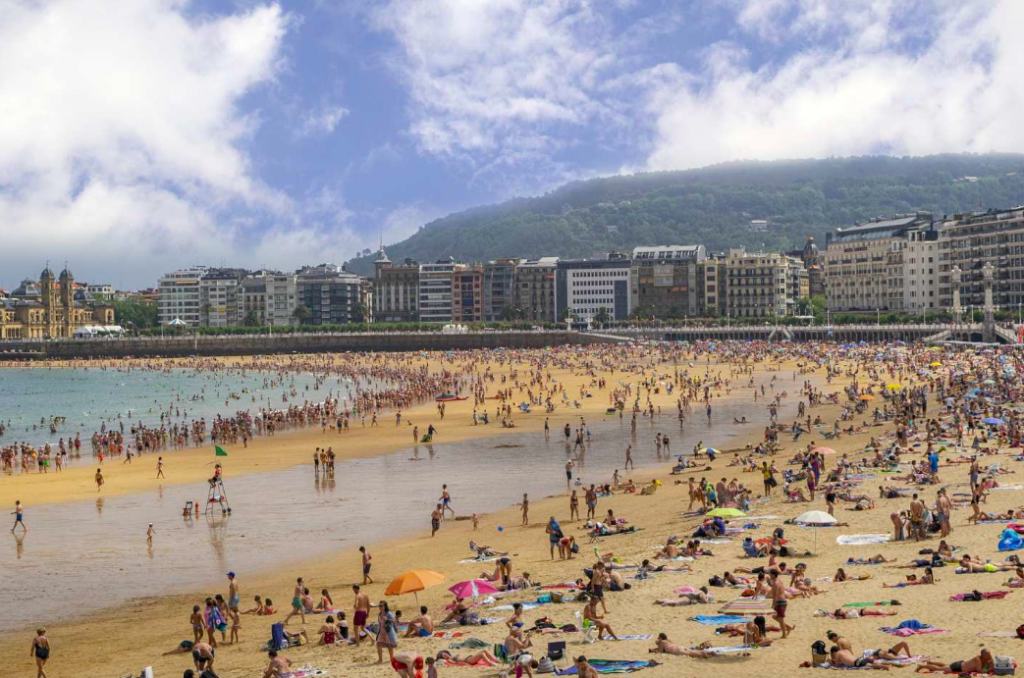Spanish city to charge for emergency rescues at sea

A Spanish city, San Sebastián, is planning to charge people post-rescue if they’re found to have been negligent or reckless.
Cases may include reckless swimming – from drunken partygoers taking a dip in the dark to those who swim when the beach is closed.
The city has been experiencing what Martín Ibabe, the city councillor responsible for citizen safety, calls “clear acts of irresponsibility”. These include a tourist left stranded by tides after he dozed off on a stone jetty and a drunken woman who scrambled down the rocks in an area known for its ferocious waves.
If there is the slightest doubt that it might have been an accident, we won’t charge people
Ibabe told The Guardian.
A rescue in April 2022 racked up an estimated cost of €6,000 (£5,200) when two men – one Spanish, the other Brazilian – decided to swim after a night of partying.
The paper reports they went into the frigid waters at Playa de La Concha, but the currents in the Bay of Biscay were strong, pulling them deeper into the 13C (55F) waters. A police officer spotted them struggling, and set in motion a rescue that brought more than 20 first responders to the scene.
Every rescue also entails a personal risk for first responders and ties up valuable resources, leaving the city more vulnerable if there is another emergency at the same time.
The legislation has proven complicated to draft, says Ibabe. Some critics have voiced concerns that it could make people more hesitant to call for help, while others argue that it could unjustly penalise those who have an accident. But he’s determined to make it happen.
Ibabe notes that rescues at sea often stem from calls by onlookers, and that the city would exercise caution in applying the law. “If there is the slightest doubt that it might have been an accident, we won’t charge people,” he says. He hopes to have the legislation in place by the end of the summer.
“The objective here is to prevent these types of incidents from happening. The confrontational nature of this law is aimed at making people think twice.”
At least half a dozen Spanish regions have set out regulations that would allow them to recoup the cost of some rescues, but this rarely happens, owing to tussles between different levels of authorities over the wording of the legislation or worries over public perception.
Laws allowing authorities to charge for rescue costs exist elsewhere, including at least eight US states.
Check out MIN‘s RNLI archives for details of rescues in and around the UK.

Main image courtesy of Plum Guide










